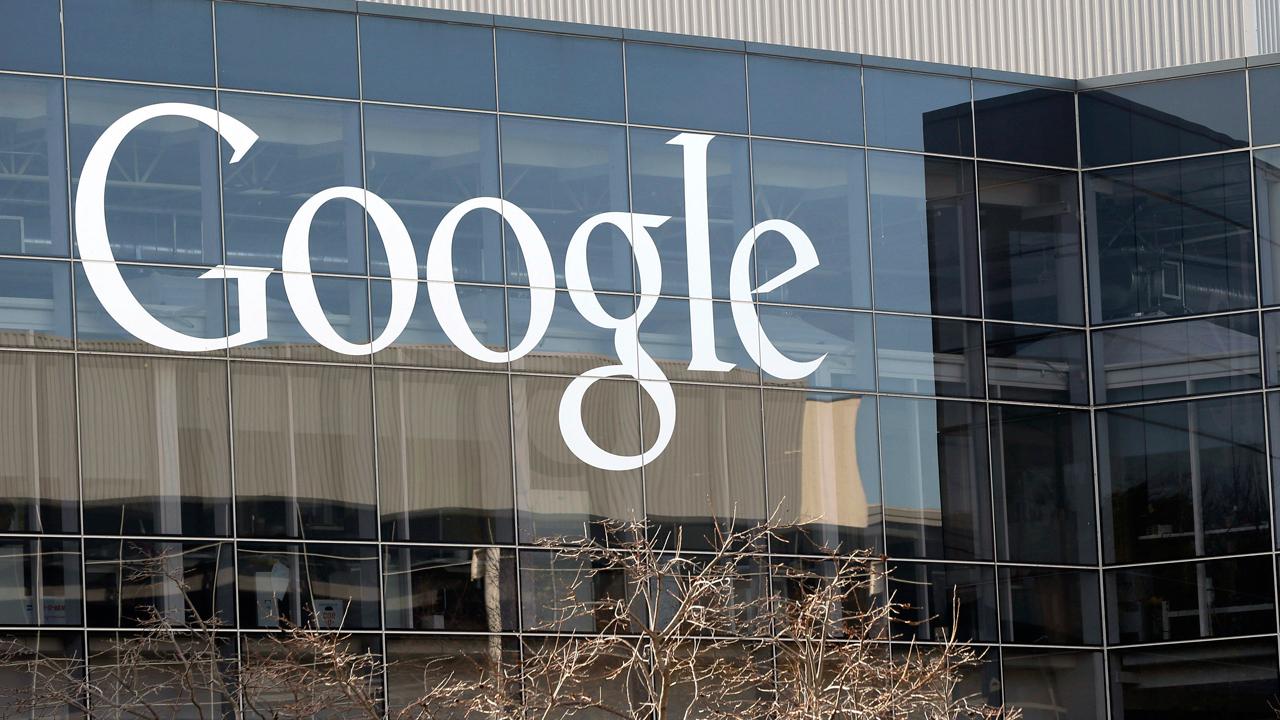Google Maps, Waze turning a small NJ town into a traffic nightmare
The town of Leonia, New Jersey has been inundated with traffic due to navigation apps suggesting some of the town’s streets as alternate routes. In an effort to fight back, the town is planning to restrict access to 60 of its streets during rush hour to residents or those that work in the town. Leonia also wants the town’s residential streets removed from navigation apps such as Waze and Google Maps (NASDAQ:GOOGL).
“The goal here, as soon as we enact it, is that the algorithms in navigational apps will remove those streets as restricted access streets from the recommendation engines,” Leonia Mayor Judah Zeigler told FOX Business’ Stuart Varney on “Varney & Co.”
According to Zeigler, the town doesn’t want to have to do this and is not trying to raise revenue, but sees it as a public safety issue.
“We are, because of our geographic location, at the confluence of three major interstate highways, a quarter mile from the George Washington Bridge, twenty minutes from midtown Manhattan. We are inundated from all sides.”
The mayor says the town has done its research and does not have any legal obstacles to taking this measure.
“There’s a Supreme Court decision that very clearly says governmental entities can legislate restrictions on streets as long as they don’t restrict some residents and not others, and we’re not, and as long as it serves a legitimate public purpose and in this case it’s public safety and quality of life, both of which were called out in the Supreme Court decision from 1977.”
Despite the Supreme Court decision the mayor sourced, Judge Andrew Napolitano, Fox News senior judicial analyst, took issue with the legality of the town’s plans.
“You can’t stop somebody and ask them where they’re going and if they’re local going from home to the drug store they can stay on the street, but if they’re long distance going from Franklin Lakes to the George Washington Bridge you’re going to give them a ticket, this simply isn’t a valid public safety purpose for stopping them.”
According to Napolitano, the town can ask, but does not have the power to force navigation apps to adjust their algorithms.
“He is free to ask Google to do that, he of course doesn’t have the authority to compel Google and Waze to do that.”




















